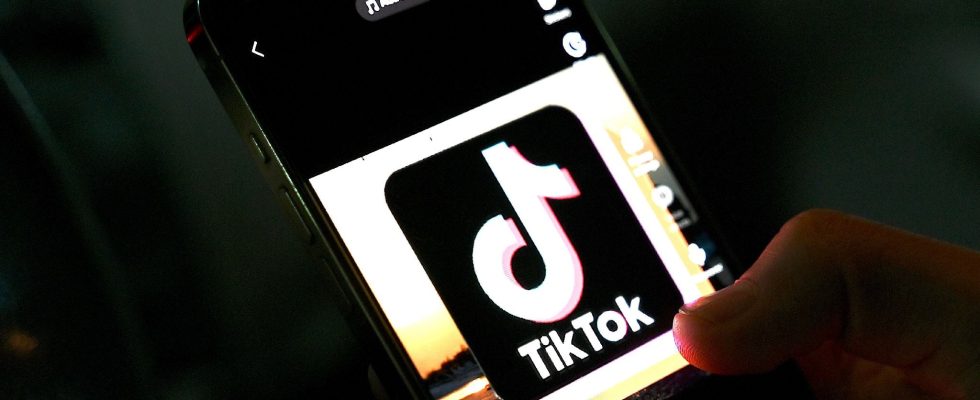Are conspiracy theories really on the rise? To believe the latest study published this Thursday, March 14, by the regulator of visual and digital communication, Arcom, they are in any case very popular among the French. Thus, according to the audiovisual policeman, 60% of the population of France says they believe at least one of the six conspiracy theories proposed in his study.
Among the theories proposed by Arcom, we find for example the existence of a “global Jewish conspiracy” or the idea that “the Americans did not walk on the Moon”. Added to this are the theses according to which Donald Trump is the real winner of the last American elections, that the CIA is at the origin of the attack on the twin towers in New York on September 11, 2001 or even the negation of the human cause of global warming.
10% of those questioned believe half of the theses proposed, and 24% agree with the most widespread: the one which asserts that “the government is in cahoots with the pharmaceutical industry to hide the harmfulness of vaccines”.
This phenomenon remains particularly marked among regular users of social networks – 47% of French people say they get information every day via these channels – and in particular on video platforms. Age and level of education also come into play: people over 60 and those who have not completed higher education are more likely to believe in certain conspiracy theories.
Effectiveness of hydroxychloroquine and global warming
The Arcom report, however, is intended to be reassuring about the French’s appetite for current events. 94% of them say they are interested in information and keep up to date every day. Conversely, “those who say they are not interested in any subject […] show less trust in institutions, less openness to others, and greater permeability to conspiracy theories.
This study confirms a previous survey carried out by Ifop and the AMB-USA.fr site, published last April. The latter analyzed the behavior of the French and American populations with regard to conspiracy theories. Thus, 35% of French people surveyed say they adhere to “conspiracy theories” – and not one in particular – of which 9% are completely convinced.
Furthermore, a few years after the Covid crisis, certain untruths remain popular. Like the effectiveness of hydroxychloroquine, ardently defended by Didier Raoult, in which 21% still say they believe.
These figures are, of course, less significant than in the United States, where 55% of the population responds favorably, but they attest to a massive increase in these French followers. In 2018, 21% believed at least five conspiracy theories, according to a another survey carried out by Ifop for the Jean-Jaurès Foundation and Conspiracy Watch.
According to this study, people who feel like they have not succeeded in life are over-represented among those who subscribe to a greater number of conspiracy theories than average. In addition, conspiracy theory is correlated with spiritualism and belief in clairvoyance: 51% of those who adhere to five or more conspiracy theories believe that some people have clairvoyant gifts, compared to 18% of those who adhere to none. none of these theories.
